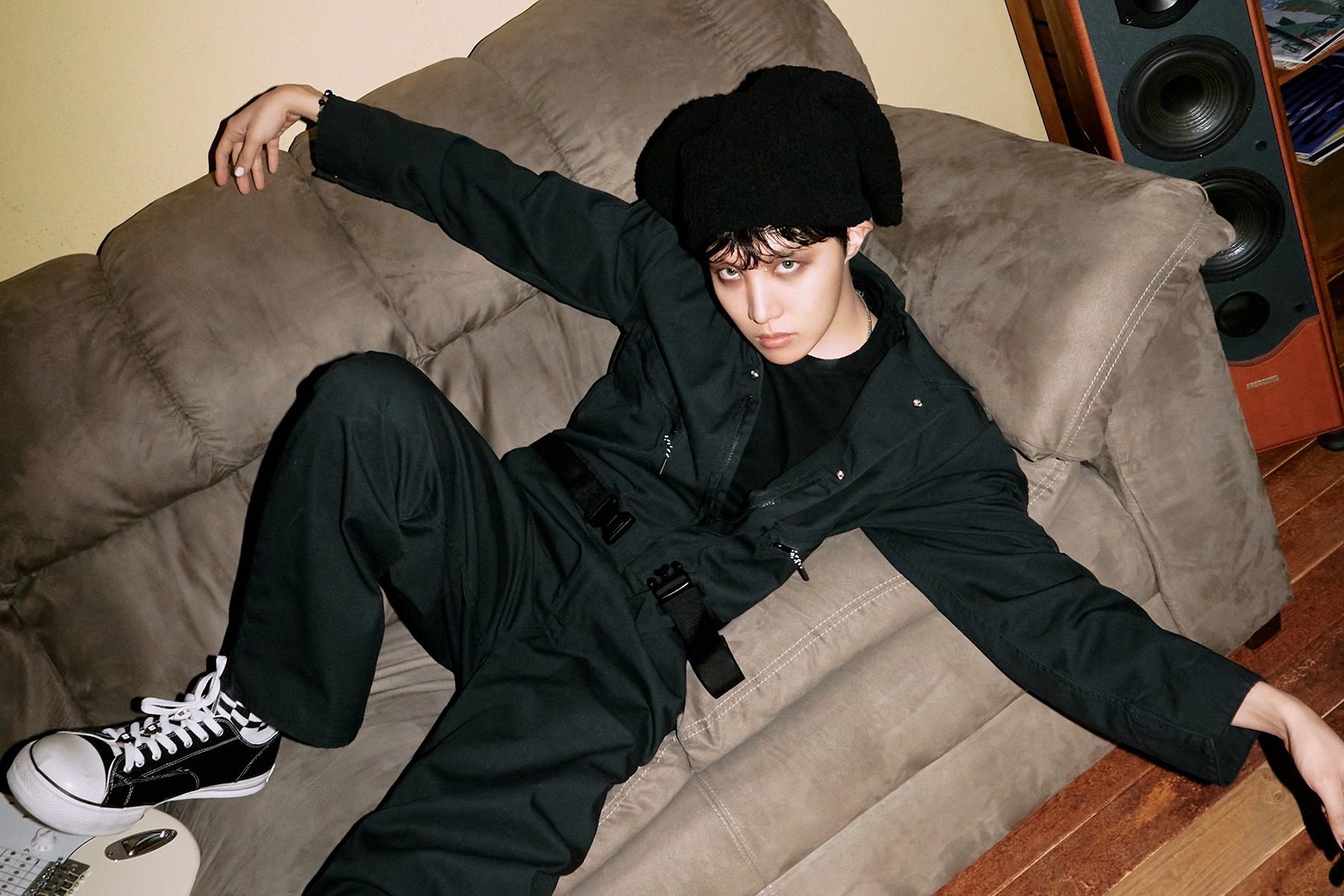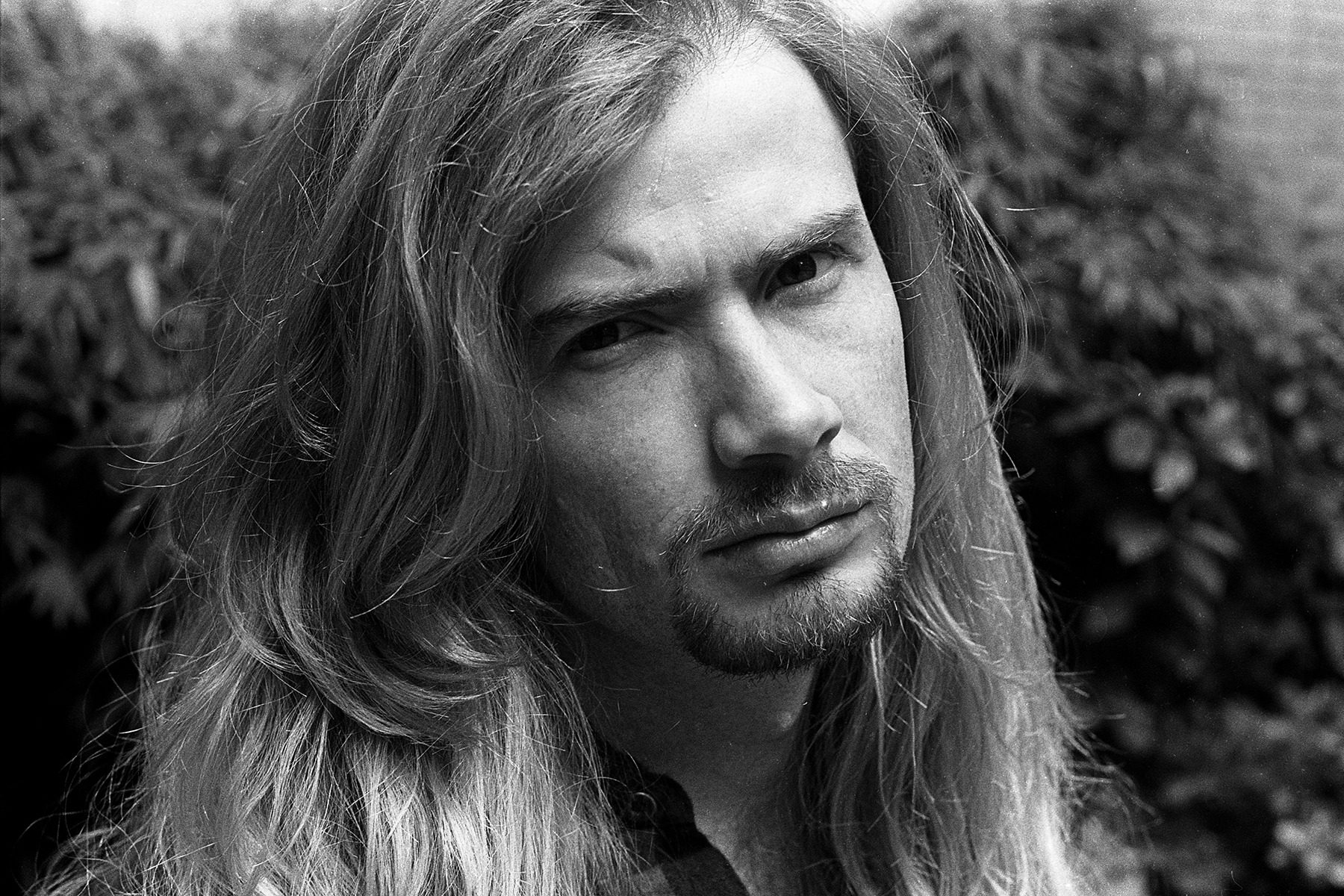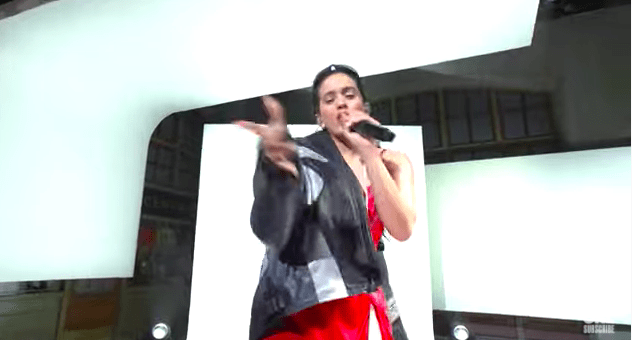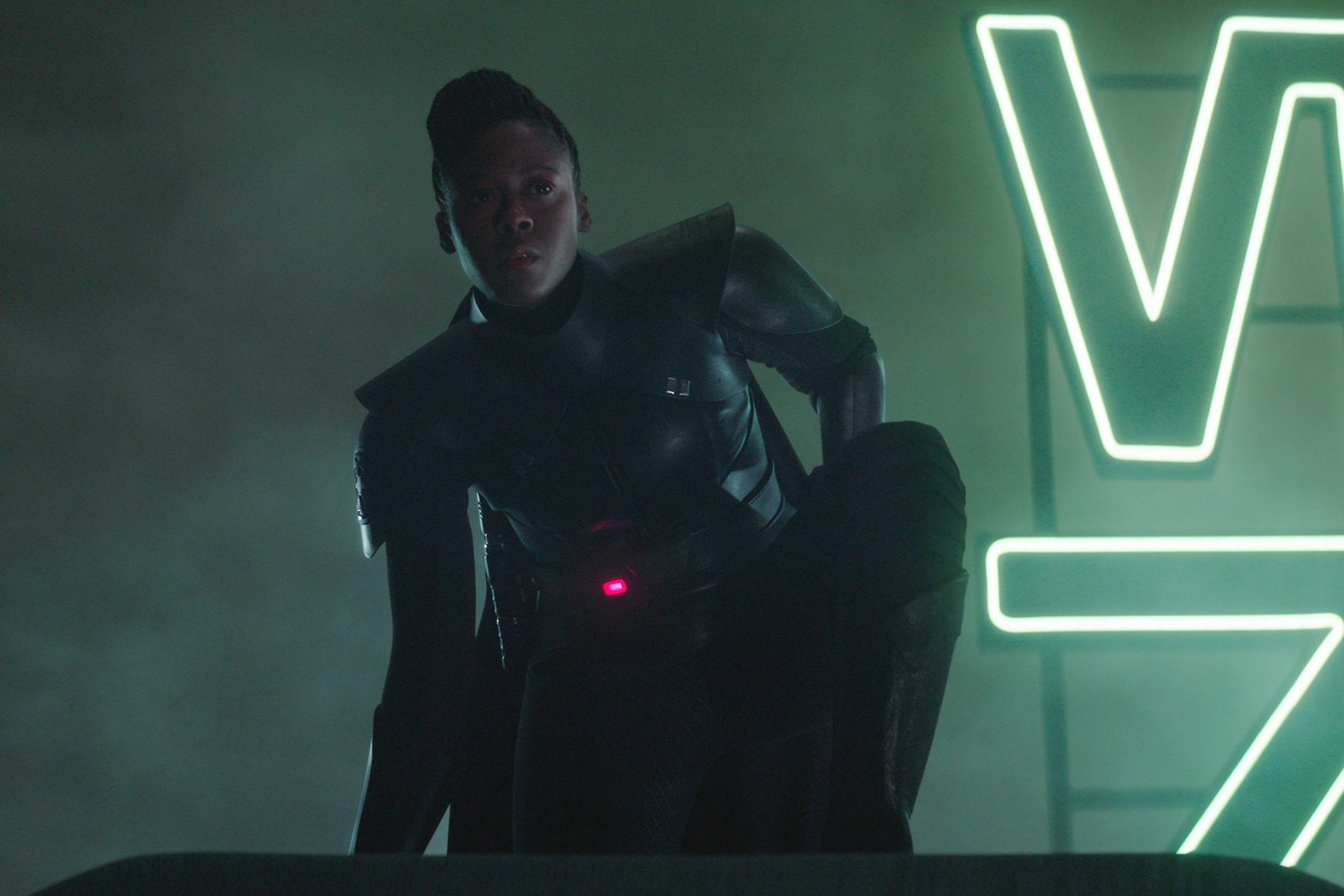‘Most Important Day in His Life’: NBA YoungBoy’s L.A. Gun Trial Goes to Jury
NBA YoungBoy’s fate was dropped in the hands of a federal jury in Los Angeles Thursday after lawyers on both sides said the case accusing the wildly popular rapper of being a felon in possession of a firearm was “simple.”
Prosecutors argued YoungBoy, born Kentrell Gaulden, proved his own guilt when he led LAPD and FBI officers on a high-speed chase through a residential neighborhood called Tarzana, jumped fences, and hid in a backyard minutes before a high-end gun was recovered from the floorboard of his brand-new Mercedes Maybach on March 22, 2021.
YoungBoy’s lead defense lawyer, James Manasseh, said his client simply “panicked” when multiple armed officers blindsided him with an aggressive arrest attempt based on a warrant out of Louisiana he didn’t know existed. The lawyer said his client didn’t know the gun was in the car. If convicted of the single charge of being a felon in possession of a firearm, Gaulden faces a likely sentence of several years in prison.
“This is the most important day of the many important days in Kentrell’s life,” Manasseh told the jury in his closing argument. “This is the most important day in his life, and we trust that you’ll see the case as we see it.”
Manasseh said the government failed to prove Gaulden “had knowledge” the gun was in the car or that he intended to possess it. The lawyer said no usable DNA or fingerprints traced to his client, but experts did find the DNA from five different people including women on the distinctive tan-colored FN FNX-45 pistol.
“They haven’t put a single witness on that witness stand who can talk about and testify to his knowledge about this firearm. Not a single witness,” Manasseh argued shortly before jurors left the courtroom to pick a foreperson and break for lunch.
Manasseh dismissed as simply “not relevant” both a photo in which Gaulden is holding a strikingly similar firearm while visiting Shyne Jewelers in Pennsylvania two months before his arrest and a separate video shown to jurors depicting the rapper waving a similar firearm outside a home in Baton Rouge shortly after one of his associates purchased the FNX-45 found in the vehicle. He said the law requires a stronger connection – and for good reason.
“When I came this morning, I got in an Uber from my hotel. My Uber driver didn’t ask me if I had cocaine in my briefcase. But he probably should, if you listen to the government’s theory, because he would be responsible for the cocaine if I left it in his car. That’s not the law. They have to prove Kentrell Gaulden knew that there was a gun there and he intended to possess it,” Manasseh argued.
According to the lawyer, prosecutors failed to match the $1,350 gun in the Maybach to what Gaulden was holding either in the Shyne photo or the Instagram video. He suggested the guns in the images were “indistinguishable” from the Tokyo Marui Airsoft FNX-45 replica gun that sells for $169.
Assistant U.S. Attorney Amanda Elbogen urged jurors to use their “common sense.” She said the gun in the car was purchased in YoungBoy’s hometown by someone he knew, and then it was found in a car he owned for less than two weeks.
“I don’t think in the 10 or 12 days that he had this brand new car that he had tons of people using it and hanging out in the back who might have just left a very expensive gun behind. And if you’re a good friend, you wouldn’t leave it in a car for a friend who you know is a felon, either,” she argued.
“We saw him in Baton Rouge right after the gun was purchased with a gun that looks like it,” she said, referring to the Instagram video. “I submit to you, if you focus on the evidence in this case, your job will be very simple. You will find the defendant guilty of being a felon in possession.”
Gaulden, 22, has stipulated that he knew he was a felon while spending time in Los Angeles last year because he previously pleaded guilty to assault with a firearm. He attended the trial while on house arrest.
Once this trial ends, the rapper also known as YoungBoy Never Broke Again is facing a similar prosecution in federal court in Louisiana, after he was arrested on weapons charges along with 16 others outside a relative’s home in Baton Rouge. A federal judge on that case recently upheld a decision that ruled video evidence sought by prosecutors would be off-limits at trial because it was obtained with a faulty search warrant.




